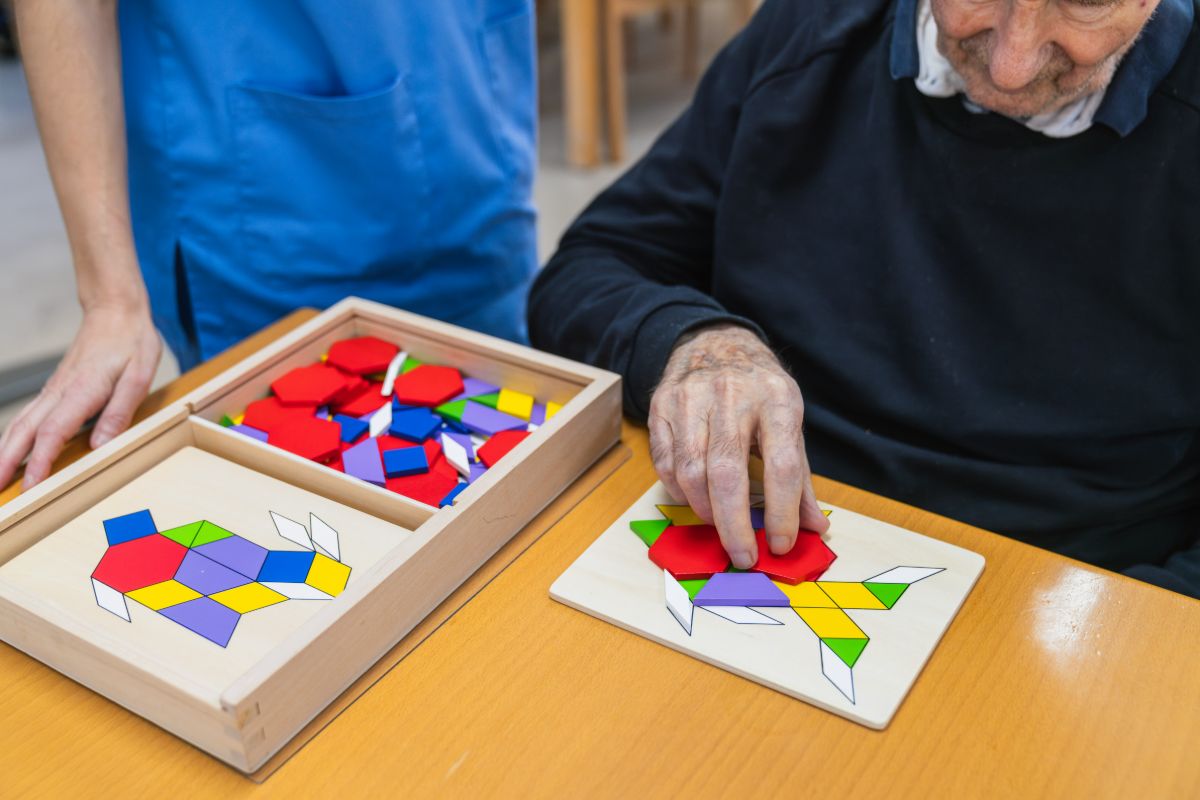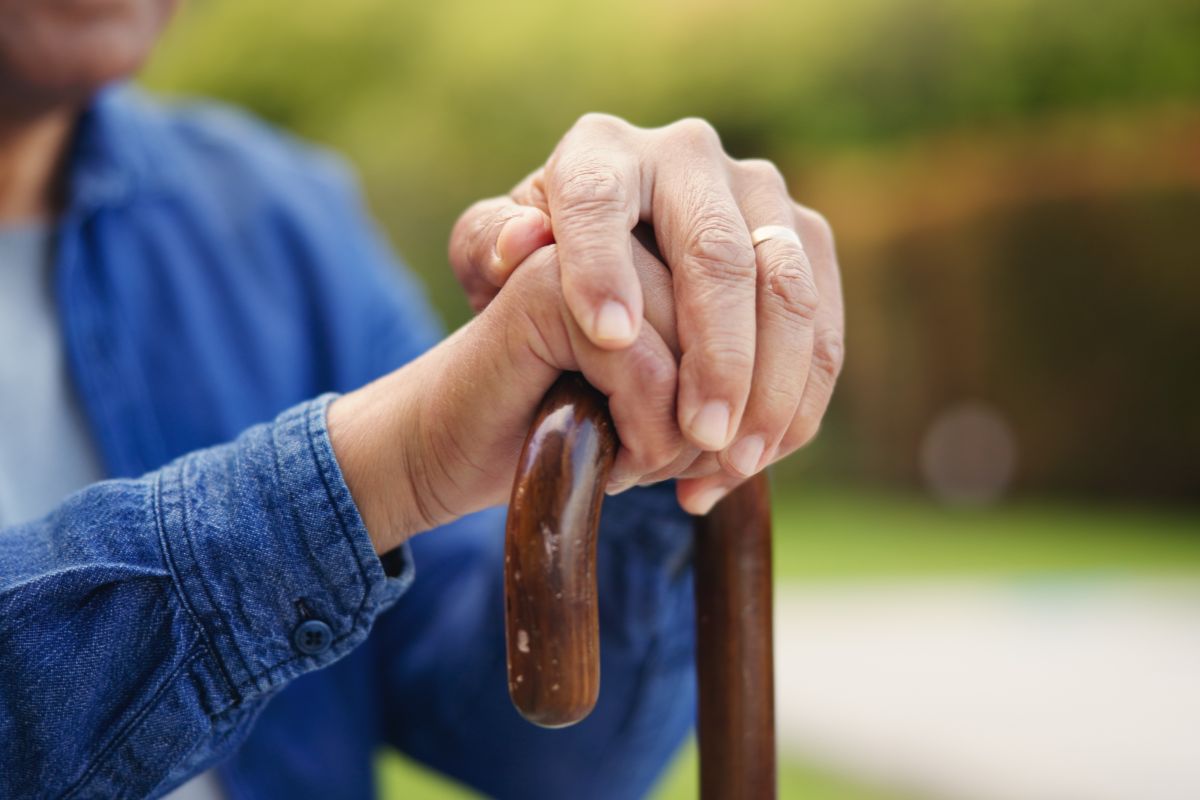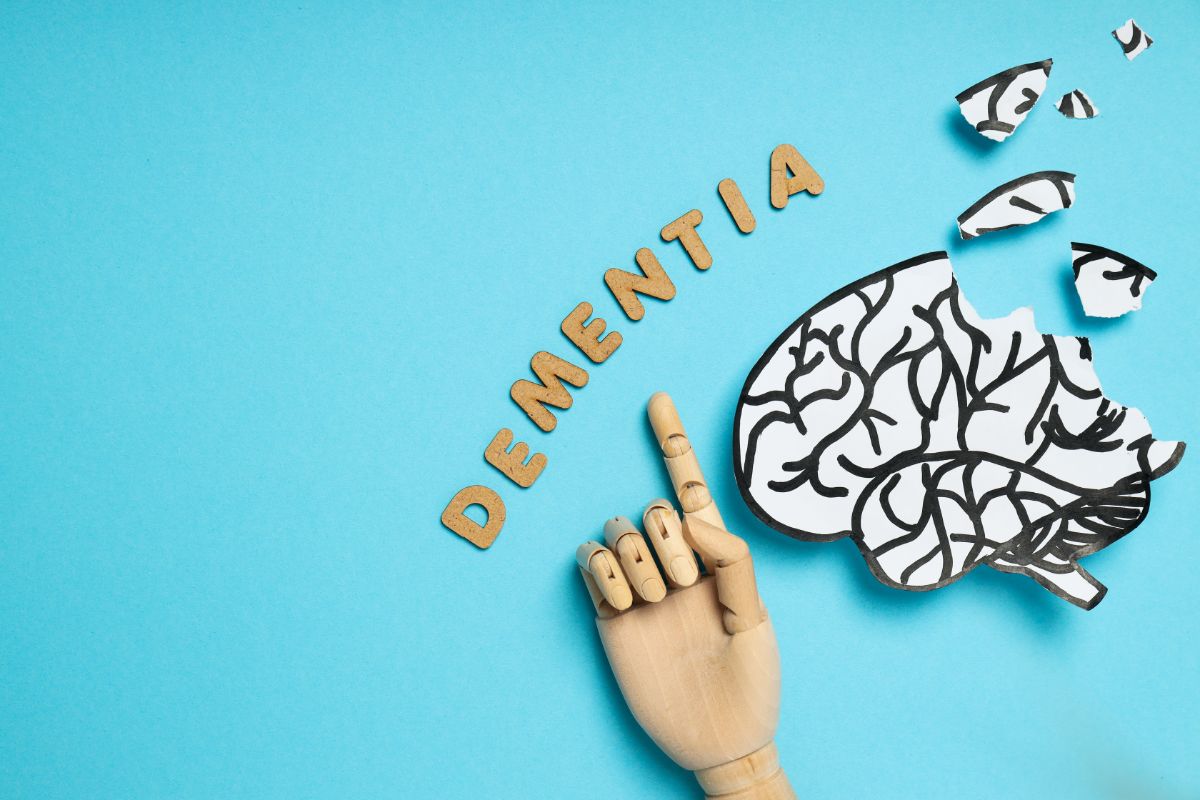Overview
- This article talks about the different stages of dementia and how they affect a person’s daily life. It explains what changes to expect in the early, middle, and late stages, along with helpful ways to support someone going through them.
- The article also shares tips on how to lower the chances of developing dementia through good everyday habits.
- People need to take early action and care for their brains in simple, practical ways. One of the effective methods is by taking supplements that can improve their functions. Bacopa Monnieri is that key component, and it can effectively support the brain in more ways than one.
When a person is diagnosed with dementia, it’s normal to worry about its severity. It can affect a person in more ways than one. Without a deep understanding of what it entails, it can be hard to recognize how far it has progressed.
Learning about dementia stages will allow people to respond with greater care and intention. When they know what to expect, it becomes easier to support their brain’s health in ways that matter. A way to do this is by making Bacopa Monnieri a part of their daily routine. It will help them stay mentally sharp and prepared to prevent worse symptoms. Read on to know what each stage is like and how to handle its effects.

The disease progresses through several stages, each presenting different challenges. The rate it evolves varies from person to person. By understanding what each phase entails, people can anticipate the level of care needed to provide the best support.
The signs are often relatively mild and not that easy to recognize early on. People with early-stage diagnoses are capable of living normal daily lives— they can still cook, drive, or go to work as usual. Some might require a bit of help, but they can still go about their day with independence. Individuals in this phase often make plans for the future while they are still mentally capable.
Supporting their independence is the best thing a person can do for them at this stage. Instead of taking over their tasks, they should be allowed to perform their regular activities as they please. Symptoms like mild memory lapses and communication struggles are common in this stage. Little reminders like written notes and short verbal prompts will be enough to assist them throughout the day.
The middle phase often lasts the longest, spanning 2-4 years on average. This is the timeframe when behavioral changes begin and subtle symptoms become worse. Some people may start having trouble recognizing family members, while others will have more difficulty speaking normally. They may also develop anxiety and depression symptoms, leading to worse social withdrawal and feelings of paranoia.
Around this time, the person will need more help navigating everyday life. They’ll need an assigned caretaker to assist them with tasks like bathing or dressing. A structured routine will also give them a sense of familiarity. Above all, they’ll need emotional support. Caretakers must express patience and understanding since affected individuals often face difficulties controlling their emotions.
People in the late stages of dementia will no longer be able to live independently. In this phase, they might suffer the worst of both cognitive and physical deterioration. They’ll no longer recognise their family members or their friends. Patients may also lose their ability to walk since deterioration can affect the part of the brain that processes mobility.
The most important thing their loved ones can do in this phase is help them live a comfortable life. Dementia patients still have many things they can enjoy, so it’s important to focus on giving them a happy life rather than on their condition and the time they have left. Listening to music is a good way to keep them happy. Studies suggest that music lowers their stress and helps reduce their agitation.

While there is no guaranteed way to prevent dementia, adopting a healthy lifestyle can help reduce its risks and delay its onset. Individuals should make necessary changes to stimulate their cognitive function and improve their overall well-being.
Natural supplements, such as Bacopa Monnieri, have been shown to support brain health. They offer neuroprotective properties, aid in strengthening brain cells, and prevent memory deterioration. By including this element in daily routines, individuals can nourish their minds and improve their resilience against diseases like dementia.
While supplements are beneficial, they should be taken alongside a nutritious diet. One of the best foods to support memory is fatty fish. They contain ample amounts of omega-3 acids, which help prevent cognitive decline. Eggs are another great addition to your diet since they contain the necessary B vitamins to retain your brain’s muscle mass.
Maintaining a sedentary lifestyle can harm overall wellness in the long run. The less exercise a person gets, the more likely they are to develop diseases associated with cardiovascular issues and mental deterioration.
Studies suggest that active people are 20% less likely to develop the disease as they age. This further emphasizes the importance of incorporating regular physical activity into daily routines to support long-term physical and mental well-being. Individuals may partake in activities such as walking, yoga, or jogging to maintain proper blood flow and oxygen circulation throughout the body.
Mental stimulation plays a crucial role in keeping the mind sharp and alert. Engaging in activities that challenge cognitive abilities, such as solving puzzles and reading, will strengthen its neural connections. These activities encourage the brain to create new pathways, which can delay mental decline.
Regular mental exercises will slow the progression of the condition in those who are already showing signs of impairment. By finding mentally engaging activities they can enjoy, they’ll have an easier time managing its effects.
Getting sufficient sleep is vital since it helps remove toxins that contribute to dementia. Poor sleep has been linked to its increased risk. People need to get 7-9 hours of quality sleep each night to replenish enough energy and help strengthen their memory. Without it, they’ll end up putting unnecessary strain on their brains.
Creating consistent sleep habits, such as reducing screen time before bed, can also help improve sleep quality. With good rest, concerned individuals can better regulate their emotional stability and well-being.
Understanding what to expect from the different dementia stages will allow you to make informed decisions about the best way to handle the disease. By being proactive about making healthy changes to your way of life, you can significantly decrease your chances of being affected by the condition in the future.
Are you looking for more ways to enhance your mental wellness? Try our Bacopa Monnieri to achieve optimal brain health. Our solutions serve as highly effective supplements that not only strengthen your cognitive function but also contribute to the betterment of your entire well-being. Shop with us soon to fully experience our products’ benefits!

What are natural ingredients that support healthy hair from root to ti

What are the early signs of dementia in men that you shouldn’t ignor

What are the lifestyle recommendations for those with Alzheimer’

What are the early symptoms of dementia? Memory loss that disrupts eve
Oyuncular için güvenin simgesi haline gelen bettilt giriş politikaları memnuniyet sağlıyor.
Modern tasarımıyla dikkat çeken bettilt sürümü kullanıcıların ilgisini çekiyor.
Ruletin popülaritesi, bettilt bonus kodu tarafından düzenlenen canlı turnuvalarla daha da artmıştır.
Modern video slotları etkileyici grafiklerle birleştiğinde, bahsegel deneme bonusu deneyimi daha da heyecanlı hale getirir.
Güncel kalmak isteyenler bahsegel üzerinden bağlantı kuruyor.
Daha çok eğlence isteyen oyuncular için bettilt oldukça cazip.
Gelecek yılki sürüm olan bettilt yeni özelliklerle geliyor.